Precepts
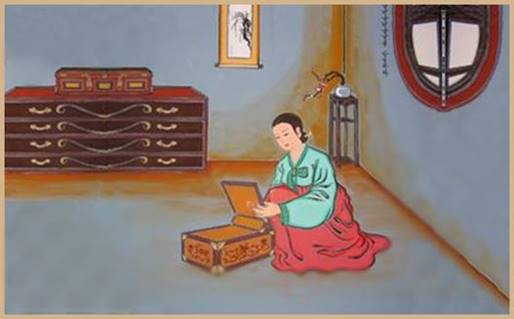
- 1. Do not deceive your heart-mind
- Since the mind is a master of each body, all human words and actions are an expression of it. The mind has two dispositions: the conscientious and the selfish. Whereas the conscientious mind is the innate mind which comes from the nature of Heaven, the selfish mind is a product of desire arising from material greed. Though the essence of human nature is a conscientious mind, one becomes caught up in selfishness, which leads to words and conduct that are immoral and unreasonable. Abandon the selfish mind and commit yourself to recovering your conscientious mind. All human evils arise from self-deception; therefore, by the honesty and authenticity that is the essence of human nature, rid yourself of these evils.

- 2. Practice virtuous speech
- Words are the sound of the mind, and virtue is a trace of the mind believing in the Dao. Your goodness or wickedness is expressed to others in your words. If you speak well of others, it shall become a virtue that benefits the recipients and the remaining virtue will grow more and more to become a great fortune which will reach back to you. If you speak ill of others, it will harm the person and the remaining harm will grow more and more to become a great disaster which will reach back to you. Both happiness and misery inevitably depend on your way of speaking; therefore, always be mindful when speaking to others.
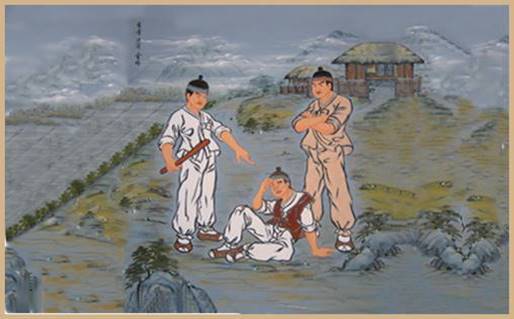
- 3. Do not provoke Cheok from others
- Cheok means the emotional grievances or grudges that others hold against you, that is, the grudges you might cause them to bear against you. To hate others and to betray another’s goodwill are both actions that provoke Cheok. Therefore, when interacting with others, prevent Cheok by loving them and being gracious towards them through the virtues of politeness, gentleness, humility, and modesty.
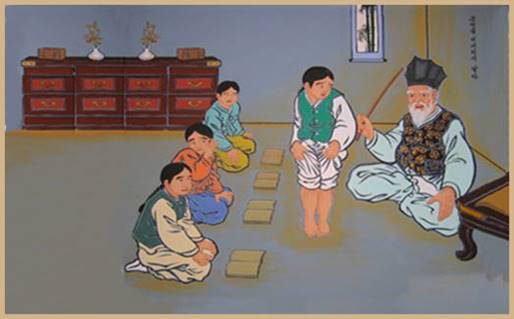
- 4. Do not disregard the beneficence bestowed upon you
- Beneficence is the benefit that others give to you. To disregard this is to forget their beneficence and betray their goodwill; you are indebted to others and you must reciprocate.
You are indebted to Heaven and Earth for your life, lifespan, and happiness, so you should do your utmost to devote yourself to the Human Way by establishing the great ethic of reciprocity through sincerity, respectfulness, and faithfulness. You are indebted to your nation and society for your security and comfort, so you should do your utmost to devote yourself to fostering the development of society and the well-being of the community and fulfil your obligations as a citizen through your loyal devotion and service. You are indebted to your parents for your birth and rearing, so you should do your utmost to devote yourself to
practicing filial piety through the great ethic of ancestor veneration and reciprocation. You are indebted to your teachers for your education and edification, so you should do your utmost to devote yourself to practicing pious discipleship through respecting and passing on their teachings. Finally, you are indebted to your employers for your livelihood, wages, and position, so you should do your utmost to devote yourself to fulfilling your duty through trustworthiness and industriousness.
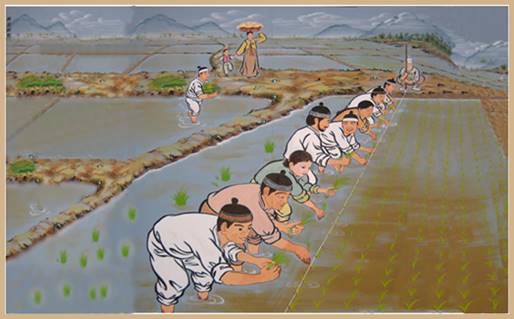
- 5. Promote the betterment of others
- Promoting the betterment of others is the basic principle of the Great Dao of mutual beneficence, and the fundamental rationale behind universal salvation for all. You should not spare any effort when promoting the betterment of others. Combine your efforts with others in communal living as the completion of work depends upon the embodiment of a cooperative mindset.
Address : 882, Gangcheon-ro, Gangcheon-myeon, Yeoju-si, Gyeonggi-do, Korea. Tel : 82-31-887-9301, Fax : 82-31-887-9345, Email : edaesoon@naver.com
COPYRIGHT(C) DAESOONJINRIHOE. ALL RIGHT RESERVED.
Related Sites :
-
 Museum of Daesoon Jinrihoe
Museum of Daesoon Jinrihoe
-
 DAEJIN UNIVERSITY
DAEJIN UNIVERSITY
-
 BUNDANG JESAENG HOSPITAL
BUNDANG JESAENG HOSPITAL
-
 DAESOONJINRIHOE WELFARE FOUNDATION
DAESOONJINRIHOE WELFARE FOUNDATION
-
 DAEJIN INTERNATIONAL VOLUNTEERS ASSOCIATION
DAEJIN INTERNATIONAL VOLUNTEERS ASSOCIATION
-
 THE DAESOON ACADEMY OF SCIENCES
THE DAESOON ACADEMY OF SCIENCES
-
 Daesoon Institute of Religion and Culture
Daesoon Institute of Religion and Culture
-
 DAEJIN HIGH SCHOOL
DAEJIN HIGH SCHOOL
-
 DAEJIN GIRL'S HIGH SCHOOL
DAEJIN GIRL'S HIGH SCHOOL
-
 DAEJIN DESIGN HIGH SCHOOL
DAEJIN DESIGN HIGH SCHOOL
-
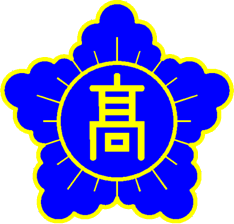 BUSAN DAEJIN HIGH SCHOOL
BUSAN DAEJIN HIGH SCHOOL
-
 ILSAN DAEJIN HIGH SCHOOL
ILSAN DAEJIN HIGH SCHOOL
-
 BUNDANG DAEJIN HIGH SCHOOL
BUNDANG DAEJIN HIGH SCHOOL
-
 THE DAESOON YOUTUBE
THE DAESOON YOUTUBE
![]() Museum of Daesoon Jinrihoe
Museum of Daesoon Jinrihoe